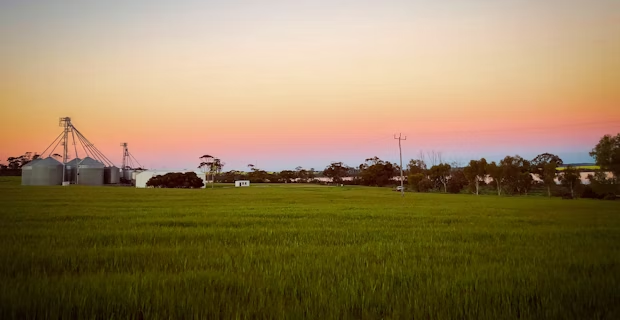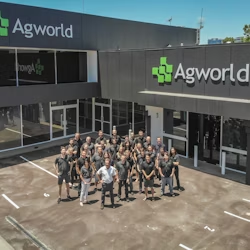Moving into 2020, it feels like ag data is front-of-mind for many growers around the world. Many conferences, like Precision Vision, and other forums discuss ag data and the uses it can have for growers. Data, either quantitative or just ‘the things we know or facts we assume’, forms the basis for many decisions and calculations within farming operations. As such, recording ag data in such a form that allows for easy utilization and making sure the data is kept safe at all times, is paramount. When we talk about data safety, it’s quite easy to just think about cyber security, hacking or any other digital pathways through which data can be lost. But, if ag data is not online, how much safer is it really?
Research suggests that over 80% of growers in the US still use pen and paper or excel on a local computer, both of which tend to not have any backups available in other locations. While it might feel safe to have records available offline, how safe are they really? The current disastrous bushfire events in Australia are a stark reminder that farms do burn down and, when the call comes to evacuate at short notice, most people will naturally worry about their loved ones, animals and precious personal effects rather than farm records.

Agworld user John Morrison of Morrison farms, Mount Vernon, Washington, recently experienced this exact scenario, when his farm building burned down. “We woke up November 1st of last year to our main farm machinery shop/office on fire; it definitely got our blood pumping and we immediately went to the priority check-list in our heads. “Was equipment moved out of way for clear access? Where to stage employees coming in to work for the day? Make sure to unlock all the doors for easier access for firefighters, etc.” As two of us have been or still are volunteer firefighters in our community, we thought we knew how to best plan and save all the important things. It wasn’t until it was too late when we thought of all the paper records we kept of yields, crop rotation, and notes that dated back decades. As a 5th generational farmer, having these records would have helped reinforce future decisions.”
John continues: “We base all our critical farming decisions on historic results and the conclusions derived from them. If we hadn’t switched to a cloud-based format, we would have lost everything in the fire but, now we at least have the last couple of years’ worth of data to look back on and try to ‘recreate’ older records from memory. We are lucky to have the last 2 years to really help give us reassurance in our decisions moving forward.”

Got what it takes to join the Agworld team? We’re looking for talented individuals to help us deliver innovative solutions in agriculture.
Of course, fires are not the only event that can wipe farm records out; any number of disasters can cause this. Or, as Agworld user Jim Maitland from Hart, South Australia, recently told us: “I know that many farmers still utilise a notepad but, unless your data is safely stored in the cloud, it really is only a stolen vehicle away from not existing anymore.” And, judging by the number of stolen farm vehicles discussed on ag twitter and other platforms, this is unfortunately a common occurrence as well.
There are many reasons why data should be stored in a safe, central repository; being able to share it with anyone as desired, being able to utilize it on multiple devices and using it in combination with other data, just to name a few. However, nothing emphasizes the need for data to be stored in the cloud, more than the risk of losing it permanently; or can anyone still afford to lose all their farm records and inherent knowledge?





